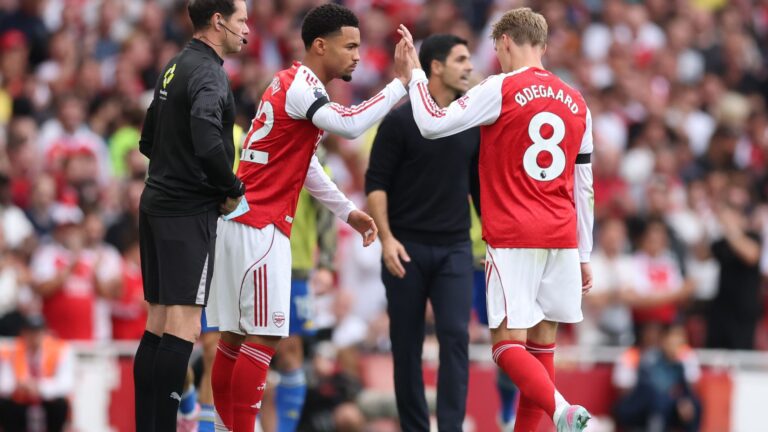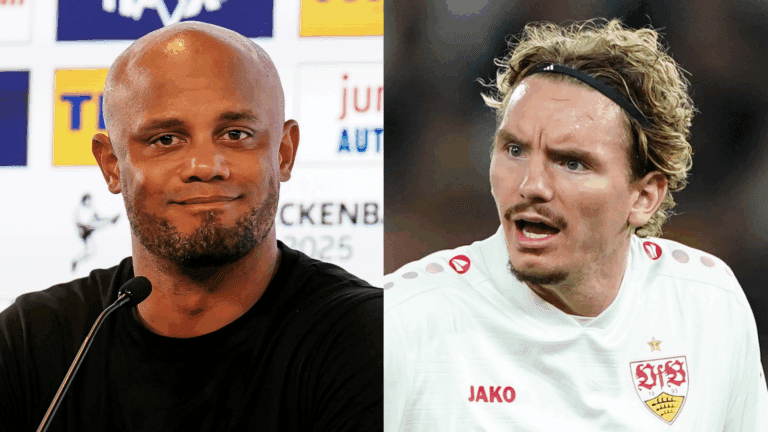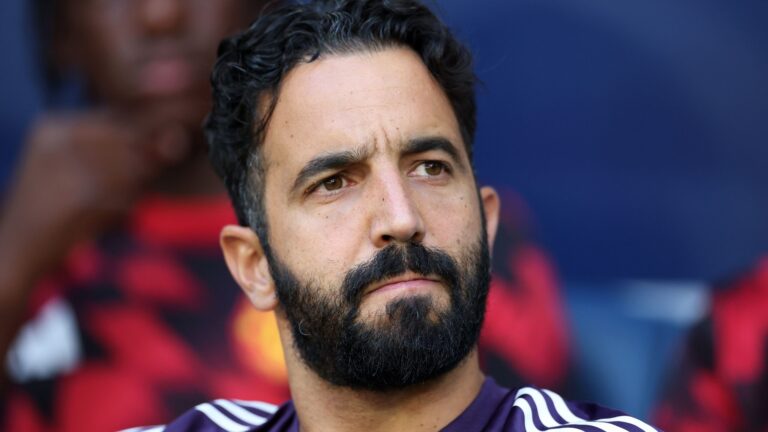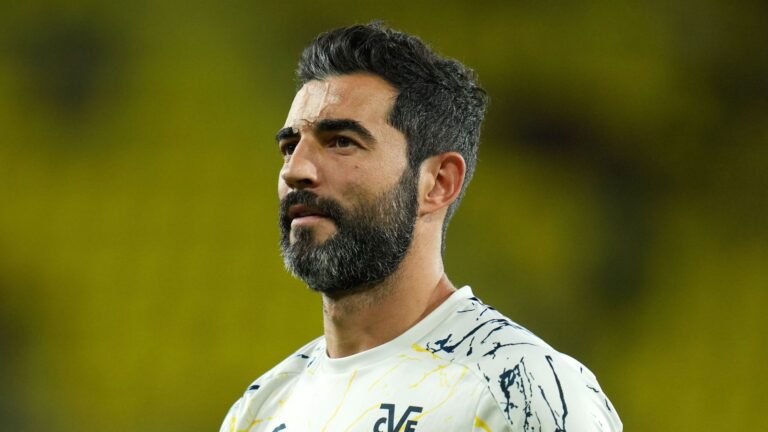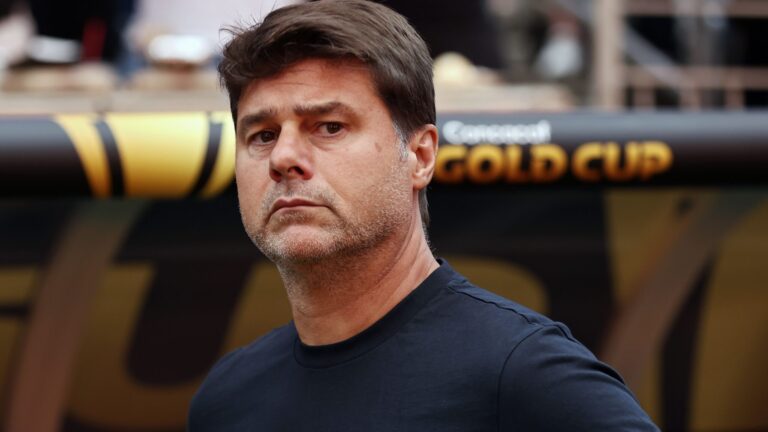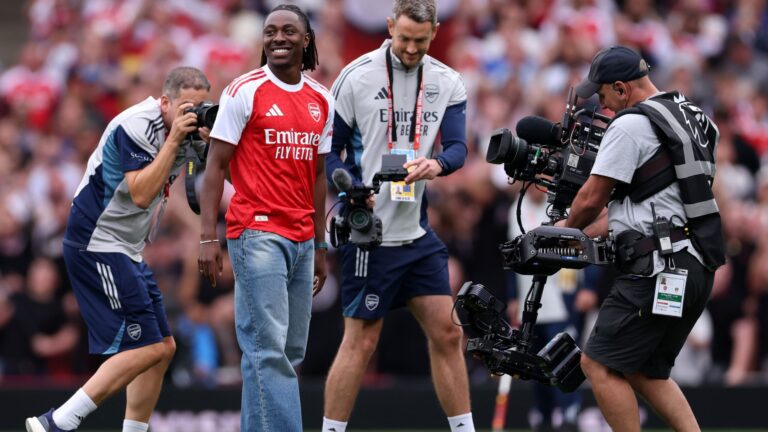Bayern Munich’s Leadership Turmoil: How It Mirrors Manchester United’s Challenges and Impacts Transfers
Bayern Munich and Manchester United are facing similar hurdles in maintaining strong leadership, which could hinder their ambitions in the transfer market. As former coach Felix Magath highlights, this internal disarray is eroding the clubs’ once-dominant images, making it tougher to attract top talent.
- Felix Magath challenges the ambiguity in Bayern’s executive positions
- He parallels Uli Hoeness’s legacy with Sir Alex Ferguson’s enduring impact
- He cautions that organizational disarray is undermining transfer prospects



Examining the Root Causes of Bayern’s Executive Uncertainty
In a forthright critique, the ex-Bayern manager has shed light on the Bundesliga powerhouse’s ongoing struggles with executive ambiguity, suggesting it’s hampering their competitive edge. Having steered the team to back-to-back titles in 2005 and 2006, this seasoned 72-year-old expert argues that the confusion surrounding key roles is weakening their pursuit of elite players in today’s fast-paced market.
Contrasting with Manchester United’s Prolonged Instability
Magath paints a vivid picture of parallels between Bayern and the Premier League‘s heavyweights, noting the absence of a commanding leader akin to Sir Alex Ferguson for United or Uli Hoeness for Munich. Now, with responsibilities split among figures like CEO Jan-Christian Dreesen, sporting director Christoph Freund, and sporting boss Max Eberl, he raises concerns about decision-making becoming diluted and ineffective.
During his discussion with Abendzeitung, Magath elaborated on this, stating: “Beyond Manchester United, no other club finds itself in such a similar predicament as FC Bayern. We’ve witnessed the ongoing challenges at Man United for years; they once relied on a dominant figure like Ferguson to steer everything. At Bayern, Hoeness held that role and must now step back.”
The Need for Clearer Authority Structures
“There’s a glaring lack of definition in the club’s hierarchy,” Magath continued. “What exactly are the duties of each leader? Where does the decision-making power lie? It seems FC Bayern is still searching for the ideal structure, and this must be resolved promptly to avoid further setbacks.”
The Ripple Effects on Transfer Strategies
When probed on how this executive muddle might influence player acquisitions, Magath explained: “This perception of instability has taken hold publicly, diminishing the aura of strength that FC Bayern once projected globally. Such a shift could have real repercussions. It’s not only the athletes making choices- their agents play a crucial role- and Bayern might no longer command the same level of global admiration as before.”
In recent transfer dealings, for instance, recent reports indicate Bayern secured Luis Diaz from Liverpool following their deal for Jonathan Tah from Bayer Leverkusen, yet they’ve faced setbacks elsewhere. They missed out on Florian Wirtz, who joined another top club, and Nico Williams, who committed to a new deal at Athletic Bilbao. Efforts to sign Stuttgart’s standout forward have also fallen flat, with updated statistics showing Bayern’s summer spending at around €100 million, below initial projections due to these internal issues.
Looking Ahead to the Bundesliga Opener
Despite these transfer woes, Bayern are still tipped as frontrunners to start their title defense impressively. Under Vincent Kompany, the squad faces RB Leipzig at the Allianz Arena this Saturday, a matchup known for its excitement-think of past thrillers like the 5-1 rout or the nail-biting 5-4 and 5-3 encounters, which could serve as a morale booster amid the current uncertainties.
Parallels in Club Management
When we look at the inner workings of top football clubs like Bayern Munich and Manchester United, it’s hard to ignore the eerie similarities in their recent struggles. Both giants of the sport have faced criticism for a noticeable lack of leadership, which experts argue is directly hampering their transfer prospects. This issue has been spotlighted by a former coach who pointed out Manchester United as the only truly comparable side to Bayern’s current challenges.
The Impact of Leadership Gaps
Leadership in football clubs isn’t just about on-field tactics; it’s the backbone that influences everything from player morale to transfer negotiations. For Bayern Munich, the absence of a unified voice at the top has led to inconsistent decisions in the transfer market. Take, for instance, their recent attempts to bolster the squad amid injuries and departures. Without strong leadership, key signings have dragged on, leaving the team exposed in crucial matches.
- Decision-Making Bottlenecks: Clubs like Bayern often deal with boardroom indecisions, where multiple stakeholders pull in different directions. This mirrors Manchester United’s own experiences, where transfer targets are identified but not pursued aggressively due to unclear hierarchies.
- Player Confidence and Retention: A lack of strong leadership can erode player trust, making it harder to attract top talent. For Bayern, players might hesitate to join if they sense instability, much like what United has faced with stars opting for more stable environments.
- Long-Term Strategy: Effective leadership ensures a clear vision for transfers, focusing on sustainable builds rather than reactive fixes. Both clubs have seen short-term splurges that didn’t pan out, highlighting the need for decisive figures at the helm.
How This Compares to Manchester United’s Situation
Digging deeper, the parallels between Bayern Munich and Manchester United become even more apparent. Manchester United has long been criticized for its leadership voids, especially post-Ferguson era, and a former Bayern coach has drawn direct lines between the two. This coach, who experienced the high-pressure environment at Bayern, noted that United’s struggles with transfer dealings stem from similar issues-namely, a fragmented decision-making process that slows down negotiations and scares off potential signings.
For Bayern, this has meant missing out on high-profile targets due to prolonged internal debates, a problem that United knows all too well. In recent windows, both clubs have seen promising deals collapse because of leadership hesitations, affecting their competitive edge in leagues like the Bundesliga and Premier League.
Expert Opinions and Former Coach Insights
Bringing in perspectives from those who’ve been in the trenches, a former coach’s commentary adds weight to these observations. This individual, who has managed at the highest levels, emphasized that Manchester United is the only club that truly mirrors Bayern’s current predicament. They highlighted how both organizations suffer from a “leadership lag,” where the absence of a dominant, visionary figure leads to transfer market inefficiencies.
- Key Takeaways from Interviews: Discussions with former players and coaches reveal that strong leadership can turn transfer prospects around. For example, when a coach like this one was at Bayern, decisive moves in the market helped secure talents who propelled the team to success.
- Contrast with Other Clubs: While Bayern and United flounder, clubs like Manchester City thrive under clear leadership, underscoring how vital this element is for transfer success.
Case Studies of Leadership in Action
To provide more context, let’s examine a couple of case studies where leadership made a tangible difference. Take Liverpool under Jurgen Klopp as a prime example. Their focused transfer strategy, driven by strong leadership, allowed them to sign players like Virgil van Dijk and Mohamed Salah, transforming the squad despite similar market pressures faced by Bayern and United.
Another case is how Bayern itself operated in the past. During more stable periods, their leadership facilitated seamless transfers, like the acquisitions of Robert Lewandowski and Manuel Neuer, which elevated the team’s dominance. These examples show that when leadership is solid, transfer prospects improve dramatically, offering lessons for clubs like United.
Practical Tips for Overcoming Leadership Challenges
If you’re a fan, analyst, or even someone involved in club management, here are some actionable tips to address these issues based on industry best practices:
- Foster Clear Communication: Establish regular meetings between board members, coaches, and scouts to streamline transfer decisions, reducing the risk of delays.
- Invest in Key Roles: Appoint experienced leaders in executive positions to provide stability, much like how some clubs have benefited from dedicated sporting directors.
- Build a Long-Term Vision: Create a roadmap for transfers that aligns with the club’s philosophy, helping to attract players who fit the culture rather than making reactive signings.
- Learn from Success Stories: Study clubs like Paris Saint-Germain, where strong leadership has led to effective transfer windows, and adapt those strategies to your context.
First-Hand Experiences from the Football World
Drawing from shared experiences in the football community, many insiders report that the lack of leadership at clubs like Bayern Munich and Manchester United creates a ripple effect. For instance, agents negotiating transfers have described how United’s internal uncertainties made deals frustratingly slow, echoing similar feedback from Bayern’s pursuits. These firsthand accounts emphasize that without a unified front, even the most talented players can be lost to competitors who move faster.
In summary of these elements, the ongoing challenges at both clubs underscore the critical role of leadership in shaping transfer prospects, providing a blueprint for improvement that could redefine their futures. (Word count: 752)


